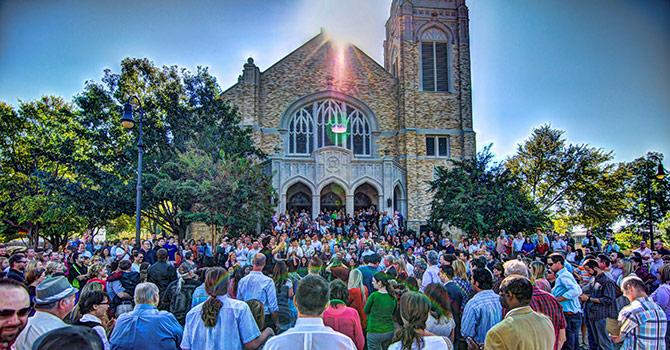
Fundraising
Fundraising events represent more than just opportunities to gather financial resources—they embody a community’s commitment to shared values and goals. For churches, these events serve as powerful expressions of faith in action, bringing congregations together while addressing practical needs. With thoughtful planning and dedicated execution, church fundraisers can strengthen bonds within your community while supporting important missions and ministries. This guide offers insights into creating meaningful fundraising experiences that honor your church’s mission while achieving tangible results.
Understanding the Purpose
Every successful church fundraiser begins with clarity of purpose. Before diving into logistics, take time to discern exactly what you’re raising funds for. Is it for building repairs, mission trips, community outreach, or supporting a specific family in need? Your purpose will shape every aspect of your event.
Communicate this purpose clearly to your congregation. People give more generously when they understand the impact of their contributions. Share stories about:
- How the funds will transform lives
- Why this particular need matters to your church community
- Previous successes that similar fundraising efforts have achieved
Remember that transparency builds trust. The more specific you can be about financial goals and intended use of funds, the more confident donors will feel.
Form The Right Team
No successful fundraiser happens through solo effort. Assemble a dedicated team whose members bring diverse talents to the table. Look for people with organizational skills, creative minds, financial expertise, and strong community connections.
Define roles clearly to prevent confusion and duplication of efforts. Your team might include a chairperson, treasurer, publicity coordinator, volunteer manager, and event-day supervisors. Meet regularly to track progress and address challenges as they arise.
Pick an Event
Choose an event that aligns with your church’s values and demographics. Consider your congregation’s interests, age ranges, and available resources when deciding. Popular options include bricks, benefit concerts, charity auctions, community meals, craft fairs, or walkathons.
The most successful events often incorporate meaningful activities that connect directly to your mission. A fundraiser for youth mission trips might feature testimonials from previous participants. An event supporting community outreach could include opportunities for attendees to learn about local needs.
Think about timing carefully. Avoid scheduling conflicts with other significant community events or busy holiday periods when people’s calendars and budgets may already be stretched thin.
How to Promote and Communicate
Start promoting your event well in advance. Use multiple channels to reach different segments of your congregation and community. Church bulletins, announcement times during services, social media, email newsletters, and personal invitations all play important roles in spreading the word.
Create clear, engaging messages emphasizing the purpose and the experience awaiting participants. People are drawn to events that promise meaning alongside enjoyment. Share updates regularly to build anticipation as the event approaches.
What To Do On The Day Of Fundraising
Prepare thoroughly for the big day. Create detailed checklists for setup, volunteer assignments, and cleanup. Arrange for early arrival of key team members to handle any unexpected issues before attendees arrive.
The most memorable fundraisers incorporate moments of reflection that connect the activity to your church’s broader mission. Consider brief prayer moments, testimonials, or visual displays that remind participants why they’ve gathered Fundraising.
A church fundraiser succeeds not just through dollars raised but through relationships strengthened and faith demonstrated through action. By approaching your event with both practical organization and spiritual intention, you create opportunities for meaningful giving that extends beyond financial contributions. Remember to celebrate your success, acknowledge all who participated, and share the impact of the funds raised. In doing so, you transform a simple fundraising event into a powerful testimony of faith expressed through generosity and community.







